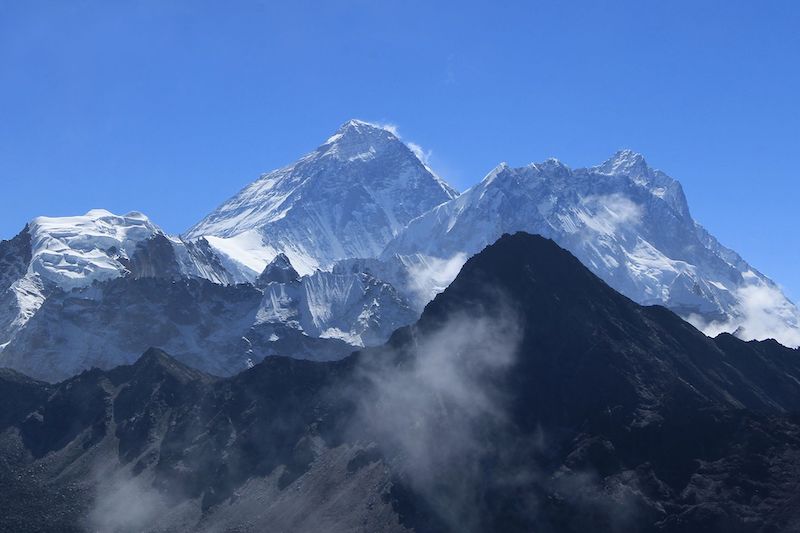Yesterday we shared the news that Nepal’s Ministry of Tourism is considering new regulations governing those who are allowed to climb Mt. Everest. Today, we have environmental news from authorities in the Himalayan country, who last week announced that they will ban single-use plastics from the Everest region in an effort to cut down on trash and protect the environment there.
The new rules are expected to go into effect on January 1, 2020 and are designed to prevent trekkers and climbers from bringing plastic soft drink and water bottles, as well as single-use plastics into the Khumbu Valley, the home of Everest. In this case, those plastics are defined as being less than 30 microns (0.0012 inches/0.03 millimeter) thick. The ban will also prevent shops from selling items that use those plastics as well.
The amount of litter, human waste, and larger trash items that are found on the slopes of the world’s highest peak has been a source of concern for Nepal in recent years. Last spring alone, specially designated teams brought down more than 11 tons (22,000 pounds/9979 kg) worth of garbage. Similar efforts have been ongoing over the past decade and progress is slowly being made. Those efforts improved further when the Nepali government began requiring all teams on Everest to collect and pack out their own trash each season. with fines and garbage deposits being used to enforce the rules. This has helped turn the tide to a degree, but further efforts are needed to restore the mountain to its former pristine glory.
While the new regulations are set to go into effect in just a few months, the exact consequences for disobeying the rules have yet to be defined. Part of the problem that Nepal has had with these kinds of decrees in the past is that while the regulations themselves have good intentions, they don’t always have the enforcement to back them up. As the CNN article linked to above points out, a similar ban was passed back in 1999 –– 20 years ago –– and yet single use plastics and plastic bottles have remained a challenge over the years.
Hopefully this time, things will be different.
- Gear Review: The Xero Scrambler Mid is an Ultralight Hiking Shoe for Spring - March 1, 2023
- Gear Review: Yeti Roadie 48 Wheeled Cooler - August 18, 2022
- Kristin Harila Continues Pursuit of 8000-Meter Speed Record - August 16, 2022
